
“The conditions in Cuba are tough for those dissenting,” Alina Bárbara López says. “I have refused to flee Cuba and that strengthens the pressure on me. Nevertheless, I believe it is possible to get involved.”

“The conditions in Cuba are tough for those dissenting,” Alina Bárbara López says. “I have refused to flee Cuba and that strengthens the pressure on me. Nevertheless, I believe it is possible to get involved.”

The verticality of the 1959 revolutionary process took us by its own logic and dynamism to the extreme authoritarianism and total absence of democracy in today’s Cuba.
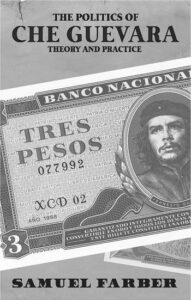
Samuel Farber defends his critique of Che Guevara as an anti-democratic figure that undermined the socialist cause in Cuba.
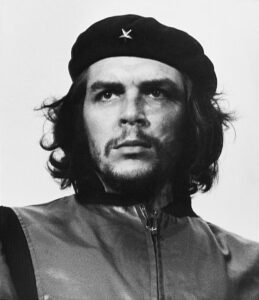
Janette Habel and Michael Löwy defend the political and intellectual legacy of Che Guevara as a Marxist, against Samuel Farber’s critique.
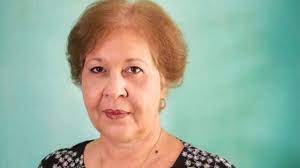
Alina Bárbara López Hernández
In the closing address to the tenth congress of the Committees for the Defense of the Revolution (CDR -the street level vigilance committees) that took place on September 28 of this year, the president of the Cuban . . .
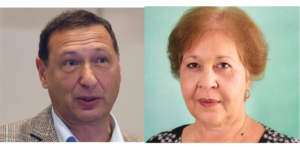
As I write (and you read) these lines, two intellectuals, two friends, are persecuted by the respective governments of their countries. Alina Barbara López Hernández in Cuba, and Boris Kagarlitsky in Rusia.
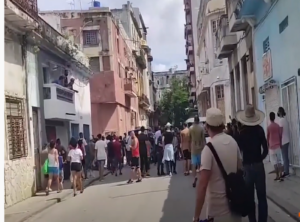
Lisbeth Moya González discusses how the international left can be in solidarity with the critical Cuban left.
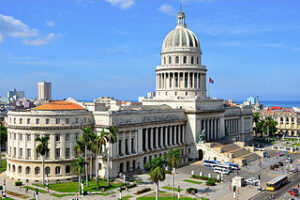
What can we learn from the experience of other countries that can help us think about possible futures for Cuba?
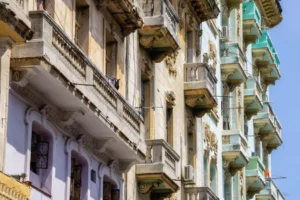
Although the Cuban Revolution of 1959 had enormous popular support, especially in its early years, that support did not express itself in any autonomous initiative and control from below.
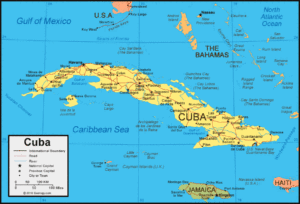
Sam Farber provides a critical perspective on the economic policies of the Cuban government and of some of its critics, and offers an alternative to both.
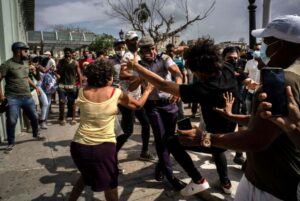
Whatever a genuinely anti-imperialist approach toward Cuba might look like, it cannot be to rally behind a regime that denies Cubans some of their most basic rights.
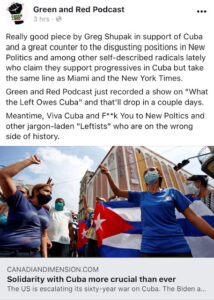
We welcome the opportunity to clarify misrepresentations of New Politics editorial stance about Cuba and US imperialism.